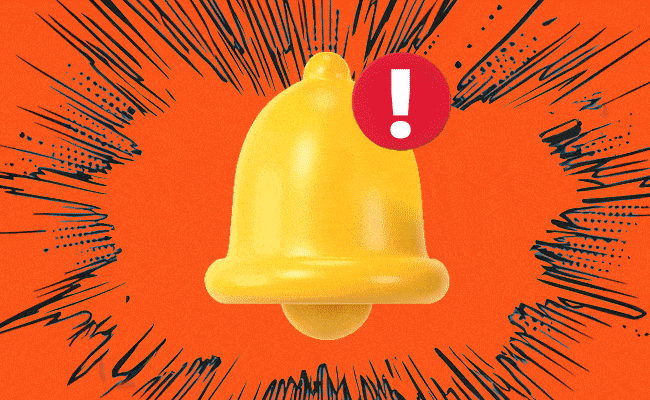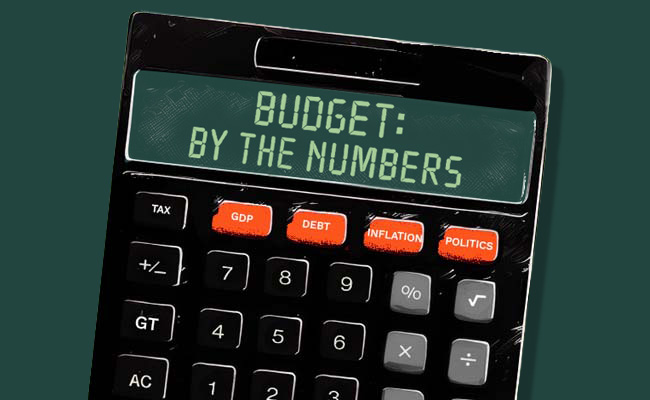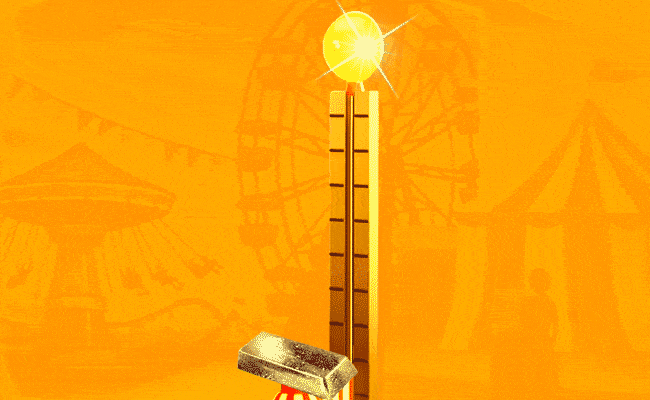South Africans are known to be industrious, hard workers – but the devastating economic impacts of the Covid pandemic really put that proverb into practice.
A staggering 3-million South Africans lost their jobs in 2020 alone, and countless more were lost when businesses downsized or closed in the years after. One needn’t look at our depressing unemployment statistics to know that the job market is extremely tight.
Faced with a tenuous employment sector and rising costs of living, people get creative. Many have become what the Old Mutual Savings and Investment Monitor Survey dubs “poly-jobbers” – people juggling two or even three jobs at a time.
Clint Sehannie is one such individual. He runs a boerewors roll stand at a weekly market in Roodepoort to supplement his main income, and does various other odd jobs, like buying and selling on Facebook marketplace.
Having multiple income streams is a necessity for Sehannie – “everything is going up, [and] we are starting to feel the pinch”, he explains. To make ends meet, he opened the stand, which has gone from selling 40 rolls a day to more than 150. Still, the venture alone cannot support him.
“It is not a lot of money, trust me, and what we make we try make good use of,” he says.
Sehannie is hardly alone in his situation. As of 2025, 57% of South Africans work multiple jobs – a figure that has jumped 10 percentage points since 2021. This is dialled up among the youth; 75% of people aged 18 to 29 are poly-jobbers.
John Manyike, Old Mutual’s group head of financial education, says statistics show that “a single income is not enough to make ends meet”.
“People see that a single salary is not enough to pay debts and invest at the same time,” he tells Currency.
Hence the side hustle.
So what are South Africans doing in these multiple jobs? Old Mutual finds that the most common source of extra income is social media. This could be young people becoming influencers and promoting brands, or people buying and selling things online via Facebook or even WhatsApp.
Further, Manyike notes, “one in five South Africans earn a rental income from their primary home”. This comes in the form of rented-out cottages or converted garages, or even just having roommates. “I think that’s a low-hanging fruit for many South Africans,” he says.
The flexible hours of remote work (another pandemic leftover) also allow people to freelance online, which Old Mutual notes is another significant source of extra income for people.
So, while South Africans are hustling their way through the world, how are they taking care of the money that is flowing in? If you ask the experts, it seems most aren’t – and that is an issue.
The hustle’s fine print
Having a side hustle doesn’t necessarily prepare you for the finnicky financial management that comes with it – but this is crucial to understand. There are a few common mistakes people make with their money that, come tax season, will hurt your pocket.
How do you know if you’ll need to pay tax? Cassidy Nydahl, leader of the growth team at investing company Franc explains that if you earn more than R30,000 in annual income from your side hustle or freelance work – and you’re above the threshold of R95,750 a year in total income, generally – you’ll be considered a provisional taxpayer.
“That means you have to estimate your annual income and pay tax in two parts through the course of the tax year to Sars [the South African Revenue Service]”, she says.
This comes with added financial complexity. Both Nydahl and Manyike note that the most common mistakes people make include not tracking their income and not separating their finances.
“Mixing your side hustle finances and your regular income can create confusion [in that] you don’t know what money came from where,” says Manyike. “It’s better to have a separate bank account for your side hustle and your primary income.”
Nydal recommends formulating a method to separate your personal expenses from your business expenses and familiarise yourself with what constitutes a tax-deductible business expense. For example, she says, “you can deduct costs for a portion of your home if you use it as a home office for your side hustles”.
Having an invoice and payment system is essential, especially if the money starts becoming more serious. Manyike explains that you need to “keep track of who owes you, what’s being paid, or if you need to be paying people for certain services” to sort out what money counts as business expenses and what your overall profit is.
Come time to file your tax returns, if you cannot provide evidence of expenses, you are certainly going to have big problems with Sars.
Franc has developed the Hustle account on its app for this specific purpose. Hustle pulls in your bank transactions and lets you tag them. The tags are customisable, but the system mirrors Sars categories for filing your tax returns, meaning deductions are correctly marked as you go.
Then there’s the issue of saving for tax season – something many people aren’t doing, Franc’s research shows.
“Because tax isn’t drawn down from your income through PAYE like in a salaried environment, the onus is on you to put that money away,” says Nydahl. “If you don’t prepare for this adequately, and you’re hit with a massive lump sum come tax payment time, it can be financially crippling for you and your business.”
Hustle has a savings pot designed precisely for that, which allocates 25% of each invoice to it – the recommended amount for business owners to squirrel away. The money sits in a money market fund and earns interest instead of gathering dust. The result is that when Sars comes calling, the cash is waiting.
Manyike recommends that those with successful side hustles should consider registering them as businesses. Depending on your level of success, it may end up becoming more tax efficient than having to pay tax as a sole proprietor.
You could also register to pay turnover tax, a simplified system for small businesses (turnover of well under R1m) which takes the place of VAT, provisional tax, capital gains tax, and a wealth of other intricate taxations.
And if your goal is not just about surviving and paying the bills off your side hustle, then you need to set serious goals.
“For me, everything starts with a clear vision about your side hustle. How far do you want to go in growing your side hustle? How much time do you want to invest in that side hustle? You need to have a long-term investment plan,” Manyike says.
And last, but not least? Live within your means. Too often, hustlers like the flash of green that comes with having a business more than the roots they put down. You cannot build wealth if your hustle is funding your everyday lifestyle – or if Sars is bleeding you dry every tax season. Juggling jobs or running a small business is all about smarts and creativity, and it pays to be as visionary with your finances, too.
Top image: Rawpixel/Currency collage.
Sign up to Currency’s weekly newsletters to receive your own bulletin of weekday news and weekend treats. Register here.












